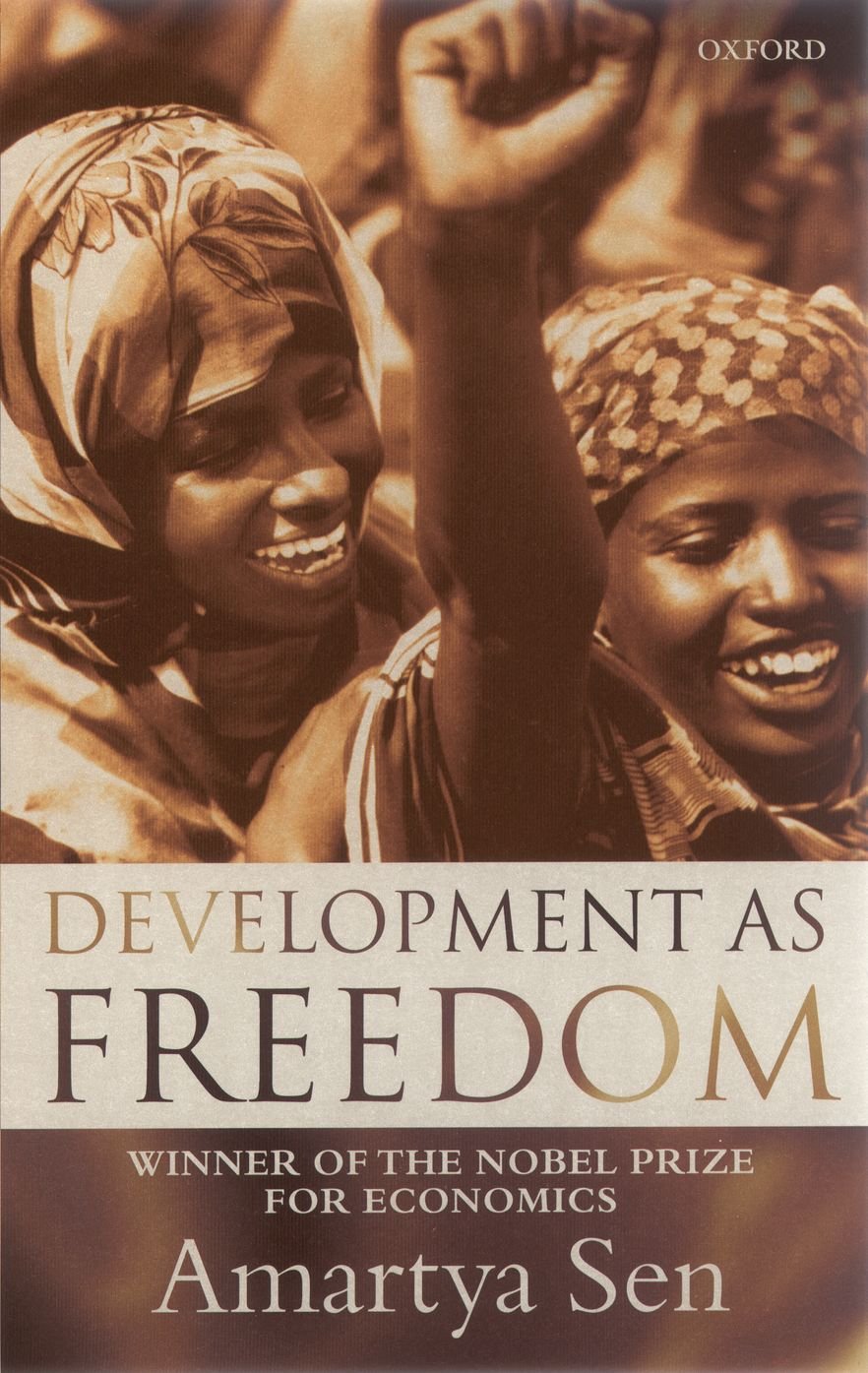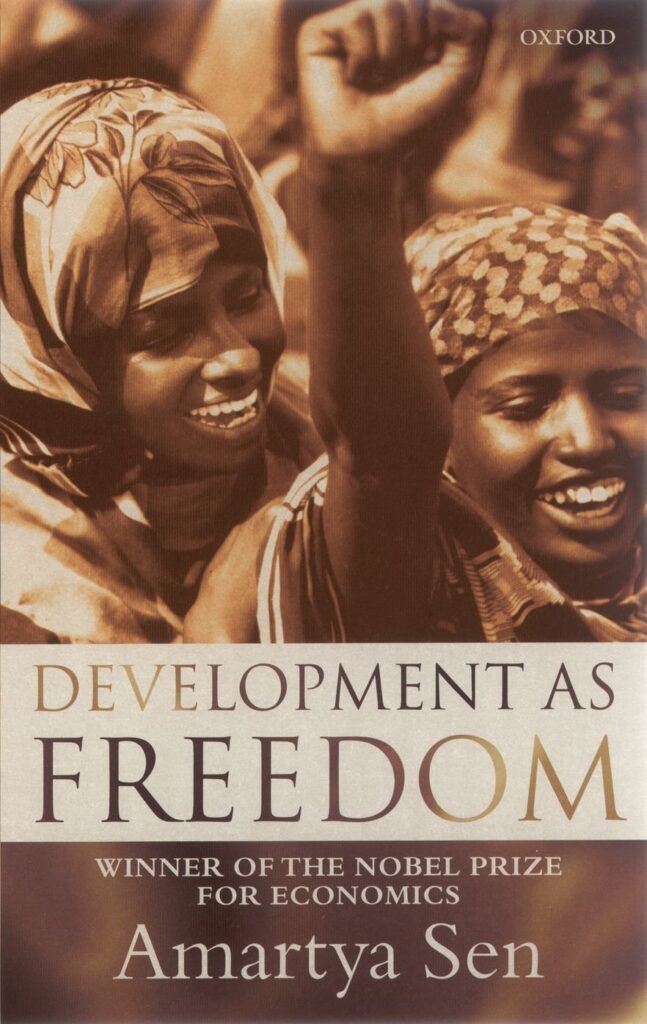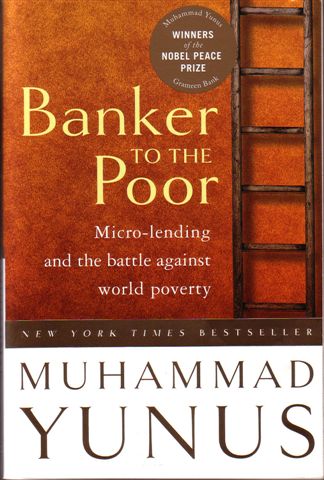
Sen reasons that a bifurcation from these values is often rationalized by citations of income growth (per capita) by governments.
Nobel Laureate in Economic Sciences Amartya Sen makes a rousing advocacy for the superior multiplier effects of the creation of substantive freedoms to be used as a benchmark for development in societies to be realized and maintained. This was an eloquent and elegant championing of the durable qualities of social, political and economic freedoms.
Amartya Sen makes a forceful case for the elevation of freedom of choice as a pillar of public life being the distinction between prosperous and poor societies. It is that, he argues, which is responsible for creating an incentive system that supports a scaling upwards of productivity by economic principals.
Freedom of choice underpins an effective agency role of economic actors to seek the things which they have reason to value. Freedoms are important for their intrinsic value, derivative attendant value as well as for substantive reasons. Sen reasons that a bifurcation from these values is often rationalized by citations of income growth (per capita) by governments.
It was written with academic rigour aided by empirical studies to prop up his arguments therefore effortful reading.
He opines that it is such a limited view of the needs of individuals within societies who in reality have a very complex set of desires that has led to undermining of various freedoms even in relatively well to do states. Sen makes a summary rejection of the appearance of co-existence of development alongside closed political and economic systems.
It was written with academic rigour aided by empirical studies to prop up his arguments therefore effortful reading. But in the end, the reader is rewarded amply for their effort; with a more nuanced understanding of the transformative role freedom of choice can play in boosting the fortunes of society.
4.9/5






